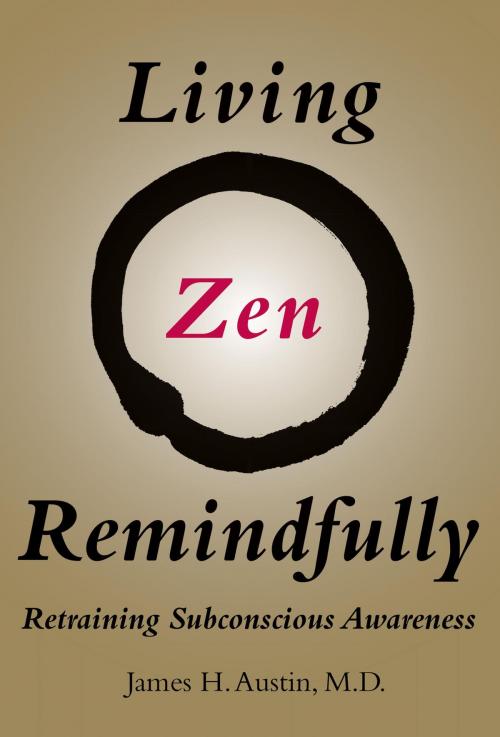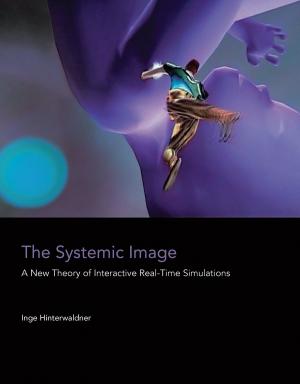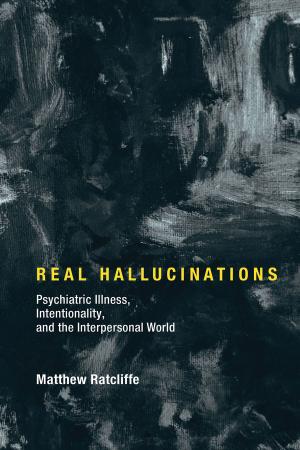Living Zen Remindfully
Retraining Subconscious Awareness
Nonfiction, Religion & Spirituality, Philosophy, Zen, Science & Nature, Science, Biological Sciences| Author: | James H. Austin, MD | ISBN: | 9780262336468 |
| Publisher: | The MIT Press | Publication: | October 28, 2016 |
| Imprint: | The MIT Press | Language: | English |
| Author: | James H. Austin, MD |
| ISBN: | 9780262336468 |
| Publisher: | The MIT Press |
| Publication: | October 28, 2016 |
| Imprint: | The MIT Press |
| Language: | English |
A seasoned Zen practitioner and neurologist looks more deeply at mindfulness, connecting it to our subconscious and to memory and creativity.
This is a book for readers who want to probe more deeply into mindfulness. It goes beyond the casual, once-in-awhile meditation in popular culture, grounding mindfulness in daily practice, Zen teachings, and recent research in neuroscience. In Living Zen Remindfully, James Austin, author of the groundbreaking Zen and the Brain, describes authentic Zen training—the commitment to a process of regular, ongoing daily life practice. This training process enables us to unlearn unfruitful habits, develop more wholesome ones, and lead a more genuinely creative life.
Austin shows that mindfulness can mean more than our being conscious of the immediate “now.” It can extend into the subconscious, where most of our brain's activities take place, invisibly. Austin suggests ways that long-term meditative training helps cultivate the hidden, affirmative resource of our unconscious memory. Remindfulness, as Austin terms it, can help us to adapt more effectively and to live more authentic lives.
Austin discusses different types of meditation, meditation and problem-solving, and the meaning of enlightenment. He addresses egocentrism (self-centeredness) and allocentrism (other-centeredness), and the blending of focal and global attention. He explains the remarkable processes that encode, store, and retrieve our memories, focusing on the covert, helpful remindful processes incubating at subconscious levels. And he considers the illuminating confluence of Zen, clinical neurology, and neuroscience. Finally, he describes an everyday life of “living Zen,” drawing on the poetry of Basho, the seventeenth-century haiku master.
A seasoned Zen practitioner and neurologist looks more deeply at mindfulness, connecting it to our subconscious and to memory and creativity.
This is a book for readers who want to probe more deeply into mindfulness. It goes beyond the casual, once-in-awhile meditation in popular culture, grounding mindfulness in daily practice, Zen teachings, and recent research in neuroscience. In Living Zen Remindfully, James Austin, author of the groundbreaking Zen and the Brain, describes authentic Zen training—the commitment to a process of regular, ongoing daily life practice. This training process enables us to unlearn unfruitful habits, develop more wholesome ones, and lead a more genuinely creative life.
Austin shows that mindfulness can mean more than our being conscious of the immediate “now.” It can extend into the subconscious, where most of our brain's activities take place, invisibly. Austin suggests ways that long-term meditative training helps cultivate the hidden, affirmative resource of our unconscious memory. Remindfulness, as Austin terms it, can help us to adapt more effectively and to live more authentic lives.
Austin discusses different types of meditation, meditation and problem-solving, and the meaning of enlightenment. He addresses egocentrism (self-centeredness) and allocentrism (other-centeredness), and the blending of focal and global attention. He explains the remarkable processes that encode, store, and retrieve our memories, focusing on the covert, helpful remindful processes incubating at subconscious levels. And he considers the illuminating confluence of Zen, clinical neurology, and neuroscience. Finally, he describes an everyday life of “living Zen,” drawing on the poetry of Basho, the seventeenth-century haiku master.















